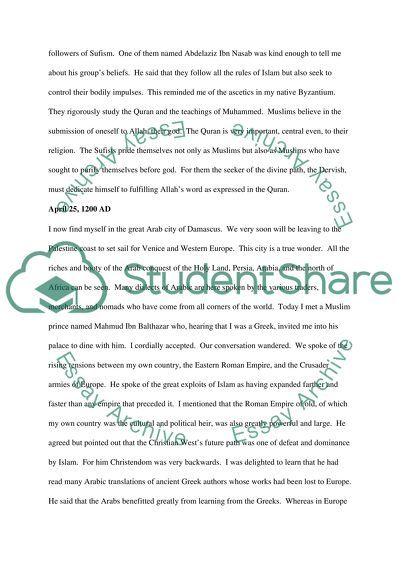Cite this document
(“1200 Middle Ages Essay Example | Topics and Well Written Essays - 1250 words”, n.d.)
Retrieved de https://studentshare.org/miscellaneous/1560992-1200-middle-ages
Retrieved de https://studentshare.org/miscellaneous/1560992-1200-middle-ages
(1200 Middle Ages Essay Example | Topics and Well Written Essays - 1250 Words)
https://studentshare.org/miscellaneous/1560992-1200-middle-ages.
https://studentshare.org/miscellaneous/1560992-1200-middle-ages.
“1200 Middle Ages Essay Example | Topics and Well Written Essays - 1250 Words”, n.d. https://studentshare.org/miscellaneous/1560992-1200-middle-ages.


